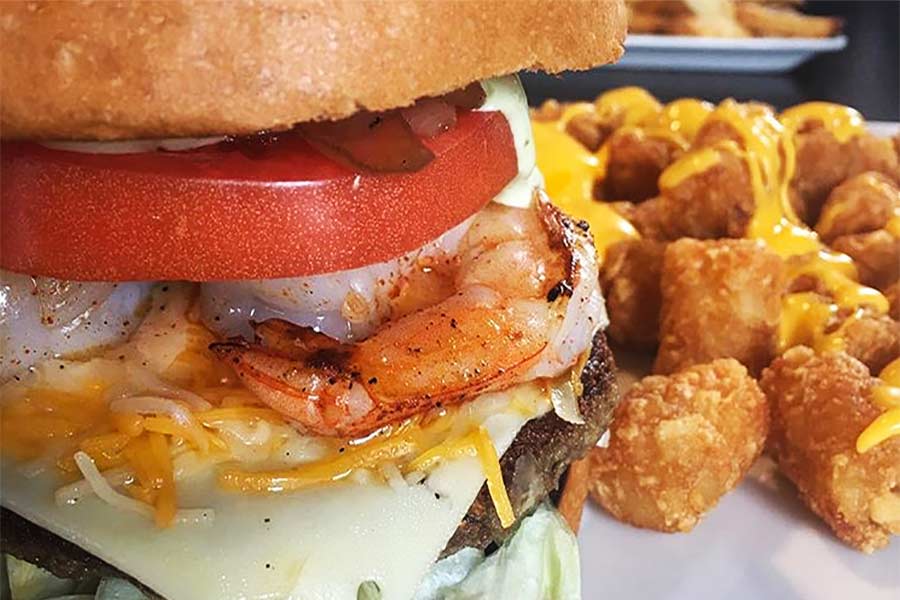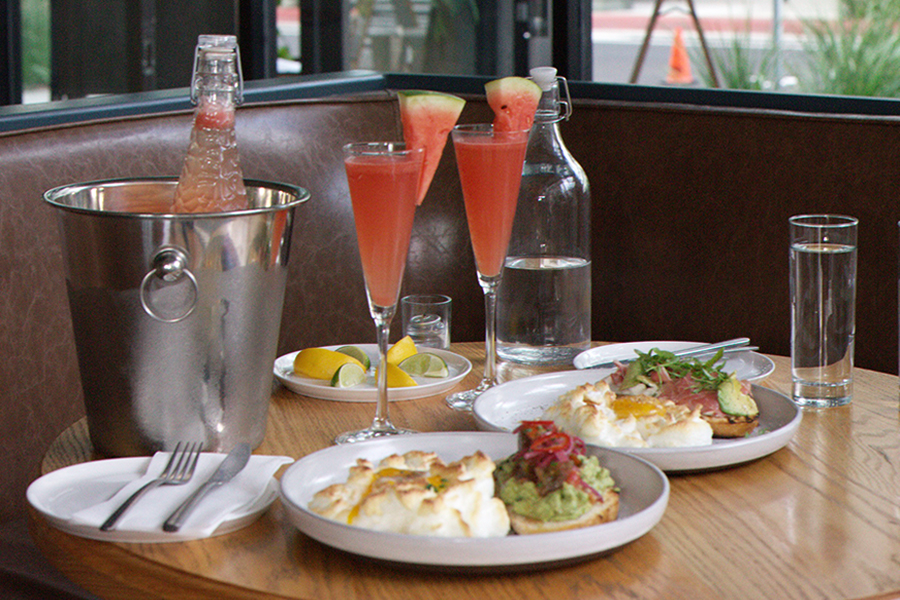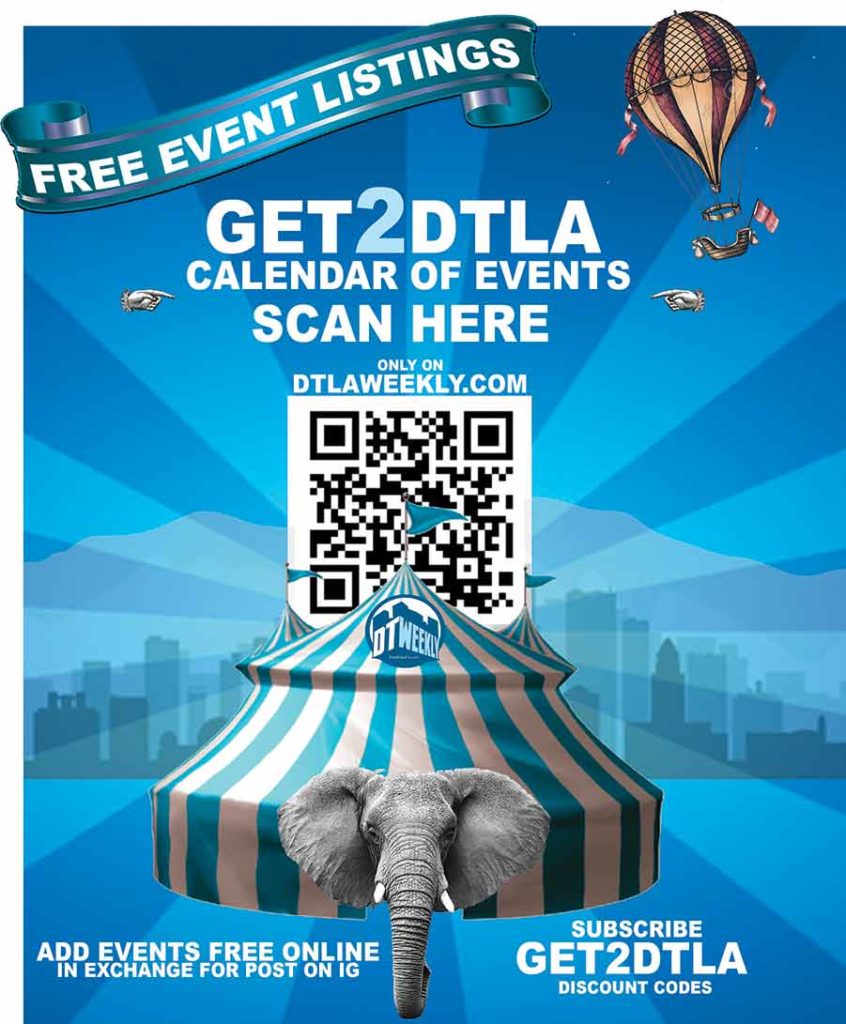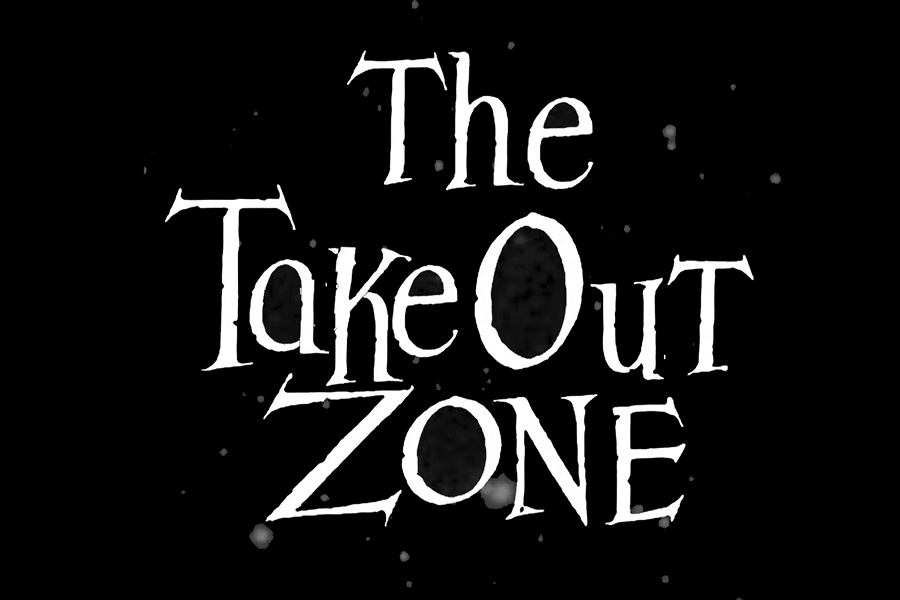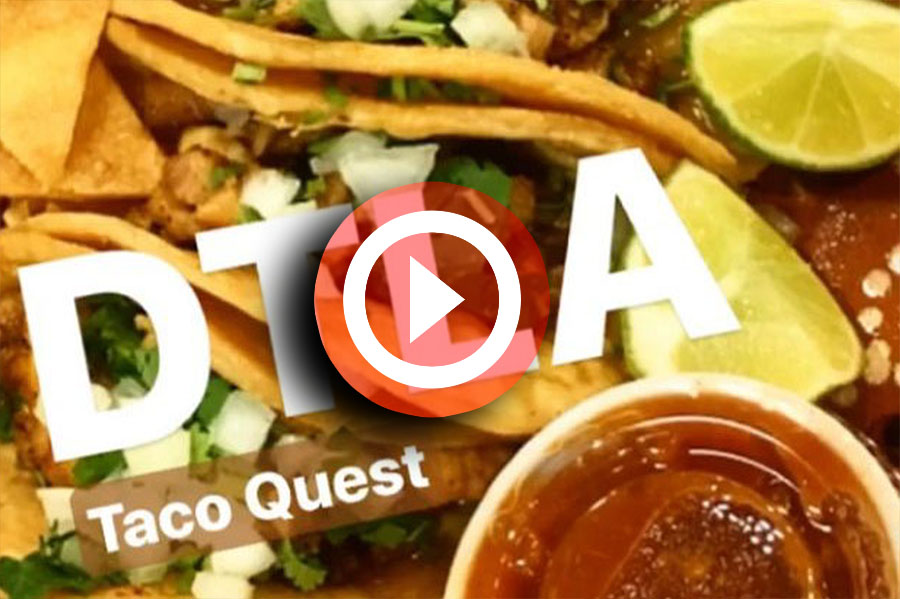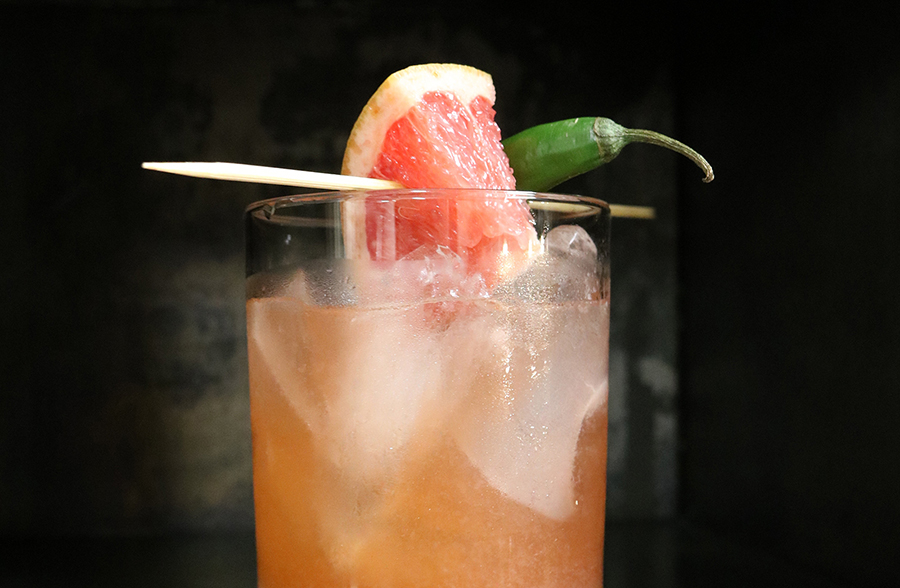
While most of the big sellers use a continuous fully automated still that can run for months and put out the product without much human tending, for the creators of Loft & Bear, Downtown’s favorite vodka of the moment, it’s all about heads, hearts, and tails. Taking the time to produce a soft winter wheat grain which is typically used in sweets and pastries resulting in a smoother vodka with a lot more character in the taste.
It’s 10:00 am on a cloudy Wednesday in Los Angeles’s historic Downtown, and Downtown Weekly is at Loft & Bear distillery. The complex, housing the craft Vodka maker is also home to Wheelhouse coffee, where one could, if the mood struck them, pay $3 at minimum for a cup of joe. A few yards past the java house that blares acoustic 70’s rock jams is the famous L.A. Gun Club. Passing an ad agency, a shipping company, and a bookstore, this place is not an oasis.
It’s Factory Place and it’s tucked into a part of the city that remains distinctly L.A. It’s dangerous, overpriced and full of homeless people posing as hipsters, and hipsters dressing like homeless people. They imitate each other yet silently despise their counterparts. We attempt to buzz into the building to no avail until a slight woman with dark hair punches some numbers on the keypad and our entry is granted.
Paul Ryan owner, emerges from the back of the studio, his left hand extended. We take him on a little journey of Q & A.
What makes your Vodka so much better than the others?
The biggest difference is that this is a craft distillery. We use a pot still which runs about 10-12 hours during rectification.
Then we steam the mash. In old times you would burn the mash because you didn’t have steam. Now that we can steam the wheat, we don’t have to do that and you can definitely taste the difference. Vodka is supposed to be about 80 proof. It has to be distilled to 95%. But labeling has been lax so it’s not always vodka that you’re buying – technically. I like to let it rest, its called the marrying process. You’re marrying the spirit with the water. Big brands will only let it sit for a very short period of time before they put it through the final filtration process. We like to take our time.
How did you get started with distilling? Obviously, you like vodka.
Paul Ryan: Well, I’m originally from D.C., and I’ve been selling for almost three years now. It has taken five years to get it off the ground. I moved out to California around five years ago. The biggest challenge for new business is to find revenue streams while you are finding your base. While you’re finding your niche or audience for your particular type of product.
What were you doing prior to this?
Paul Ryan: I was working in construction with my mother and cousin. I helped my mother a lot with her business, and then I let her know, hey mom. It’s time for me to go out on my own and do my thing.
I see blueprints on the table. Are you guys moving?
Paul Ryan: Yes. We will be moving to a place about seven times this size. It’s in Huntington Park. I think the new space will ease a lot of the concerns and issue with regard to capacity.
I mean you saw when you walked in all the traffic from the other businesses. It’s also more cost-effective from that standpoint. It will be easier to get trucks back into the space to make deliveries and get grains, barrels, etc. to us. No ingredients. No product.
Where can people buy Loft & bear right now?
Paul Ryan: We are in about 400-500 on and off premise in restaurants and stores in Los Angeles. We are in Wholefoods and Bristol Farms right now as well. We’re in Virginia, D.C., Santa Barbara, San Diego and parts of the Bay. We are also available in the Bahamas.
What’s something you want people to know about your brand? What makes this all worth it for you?
Paul Ryan: They should know first and foremost that we are about giving back. We’ve teamed up with a number of charitable organizations who are committed to ending the homelessness we are seeing right outside the windows here. We want to be known not just as the best damn vodka on the West Coast, but as an organization with a heart. We give back and want people to feel good about purchasing our product. That’s why quality is so important to us. If your product sucks and you have good causes behind you, people will only support for so long. If you make something good and really put time into it, people will keep coming back. They want to know they can rely on you and trust you. Consistency is key to gaining customer’s trust.
You’re a millennial like me. How do you deal with that negative connotation usually associated with this generation?
Paul Ryan: The entitlement tag? Is that what you mean? That we are spoiled?
Yes.
Paul Ryan: to an extent, our generation can be very self absorbed – unlimited vacation at work, free lunches, etc. etc. It’s almost comical. We’ve got all the tools which allow and fuel success compared to that of generations past. We are showing people can make a living and a difference doing what that love and enjoy. Me personally, I try to look at the good things associated with my generation or age group. Mainly, the fact that we are probably the most tolerant and socially aware group as a whole. There’s still a few dinosaurs roaming around making things hard for everyone, but we’re not going anywhere. I believe that.
What’s next for L&B?
Paul Ryan: We don’t usually talk about it, but we love the Mezcal and Fernet around here. Gotta mix it up a bit, you know?! We want to bring products to people that we actually love. Fernet was actually sold during prohibition under the guise of a medical elixir- we love that.


